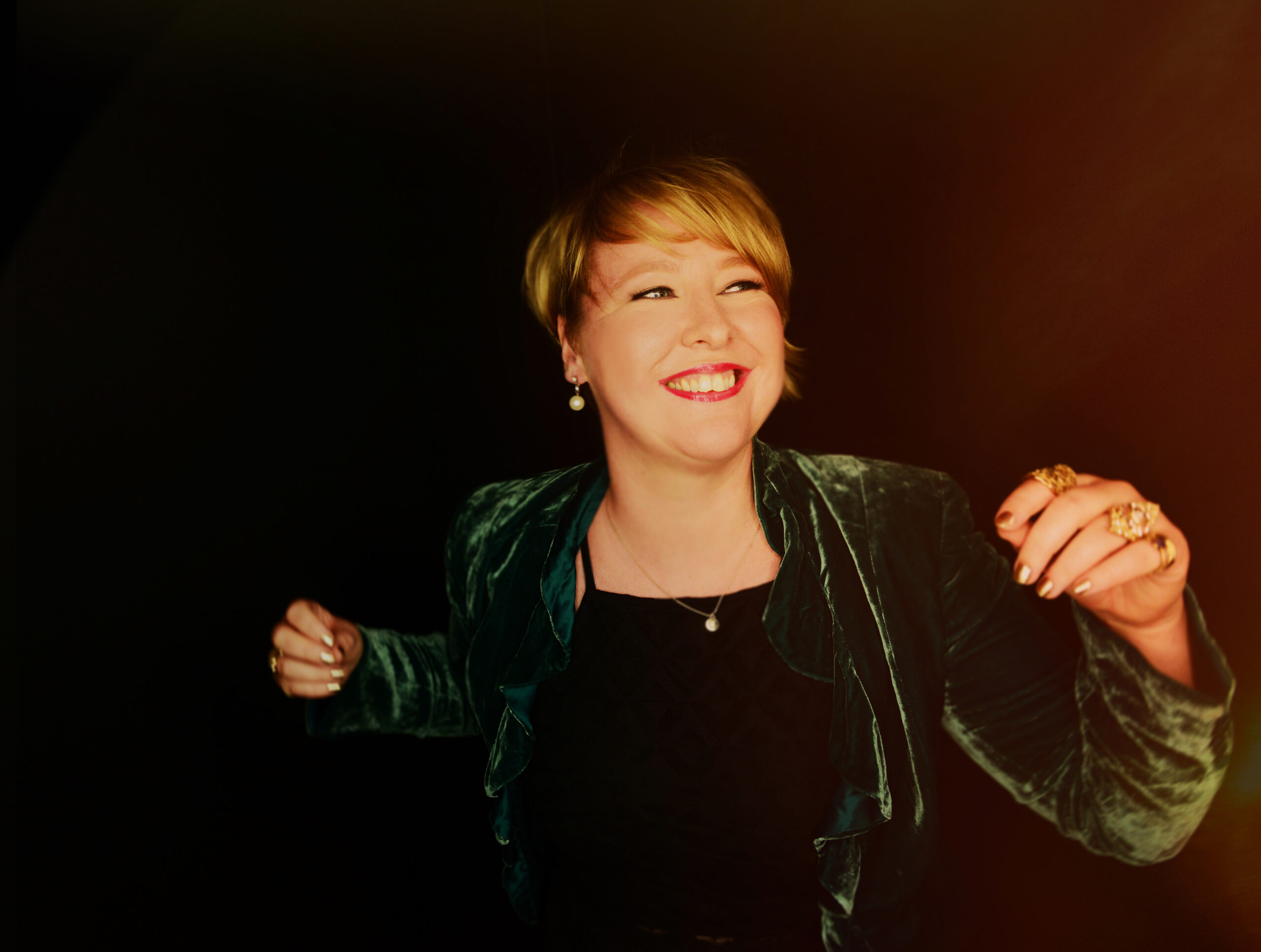Interview with Edel Meade – vocalist, songwriter & educator in field of jazz, folk and contemporary music, from Clonmel, Co. Tipperary, currently artist-in-residence at John’s Square, Limerick
Edel and I know each other since 2005 when we started studying Jazz Vocal Performance at Newpark Music Centre in Dublin.
We were both in heaven that first year singing and rehearsing almost everyday and doing what we love!
Enjoy!
